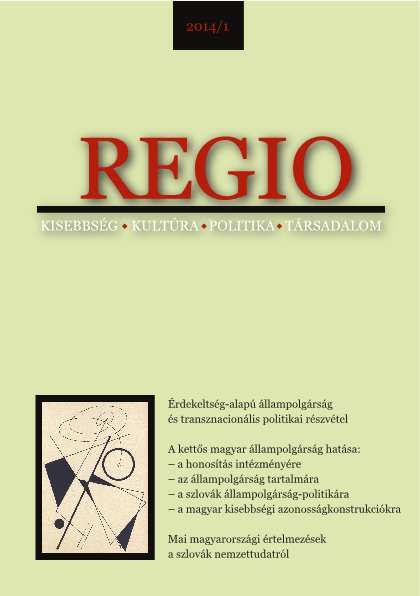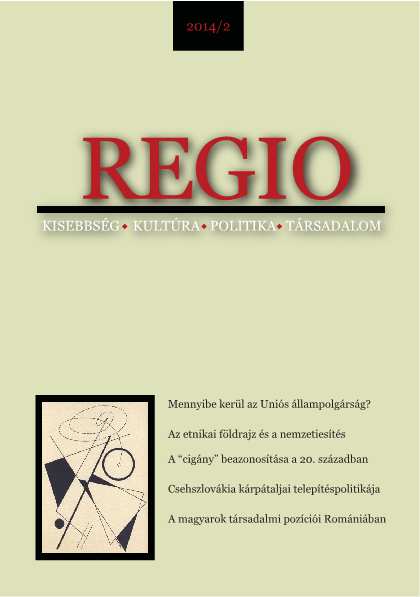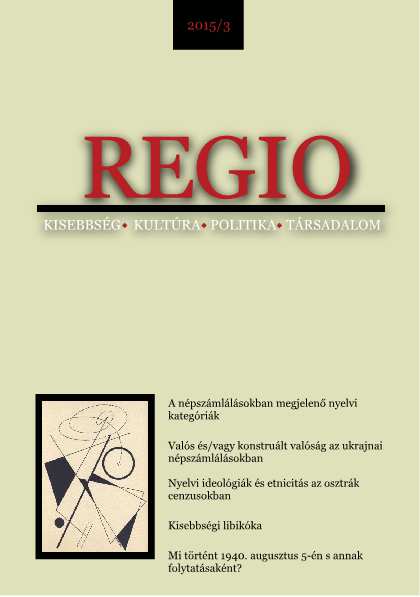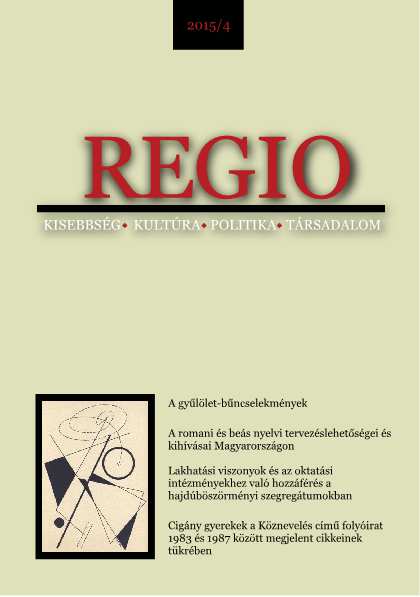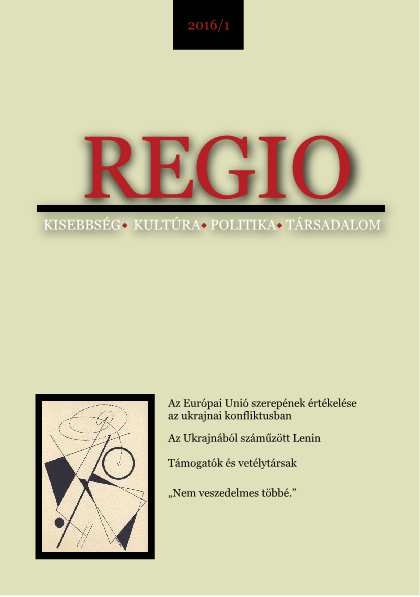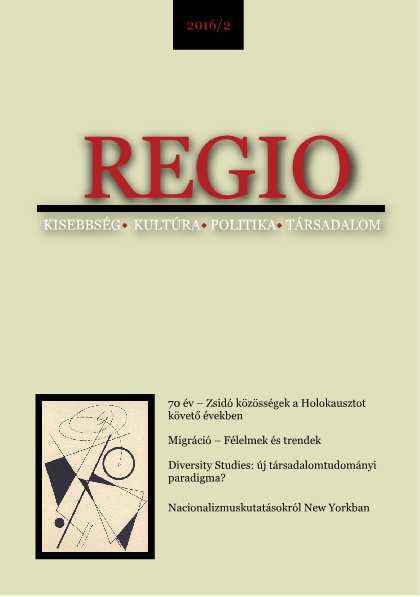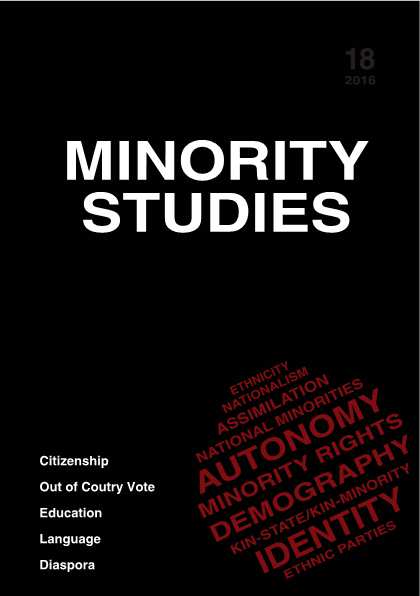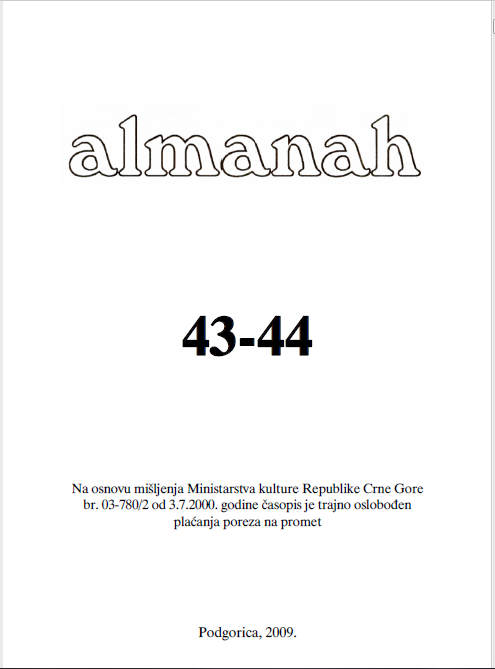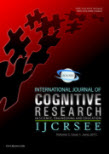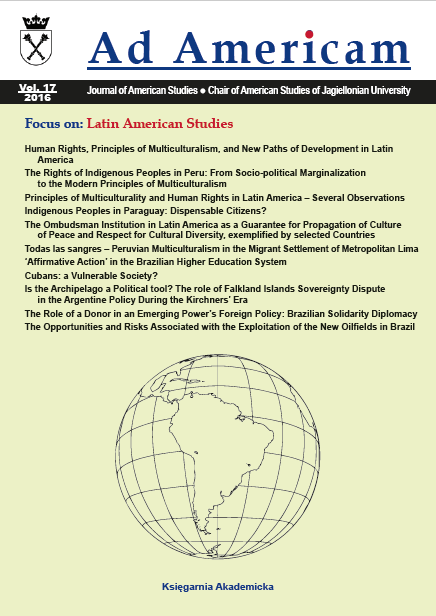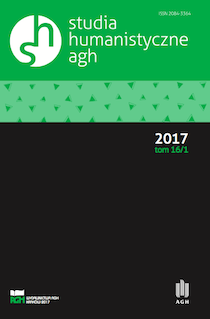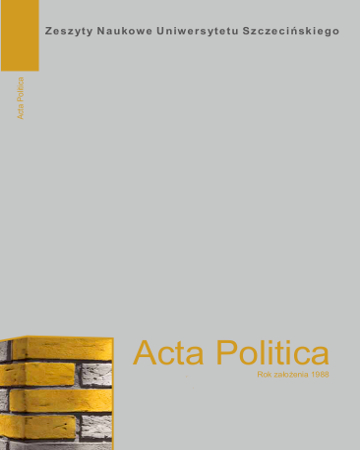Nemzetiségek Szabolcs-Szatmár-Bereg megyében, különös tekintettel a romákra
The present paper details the change in the composition of nationalities in Szabolcs-Szatmár-Bereg county on the basis of latest population censuses. The authors give a short historical background that formed the present composition of nationalities of the county. It was a must to mention problems of data registrations, as in Hungary declaration of nationality belonging is voluntary. Roma population of the county has been devoted a separate, detailed section. In Szabolcs-Szatmár-Bereg county Romas represent the highest proportion within the county just like within the country. Population census data of 2001 and 2011 show significant difference in regard to their number, which is partly due to the high number of natural increase, and to their attitude in the population censuses. The change in Roma population number was examined at micro-regional and settlement level, and comparison has been made to other surveys based on estimation.
More...
